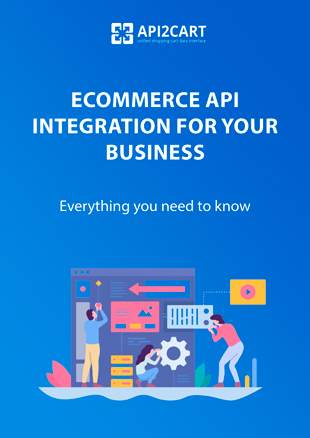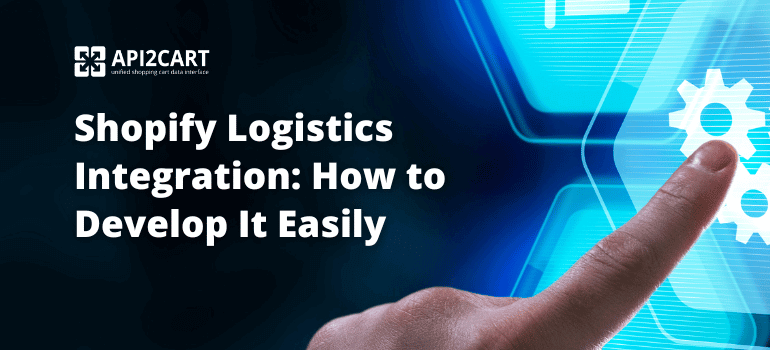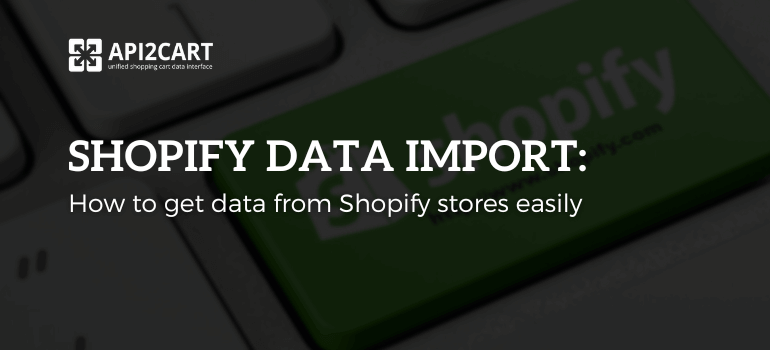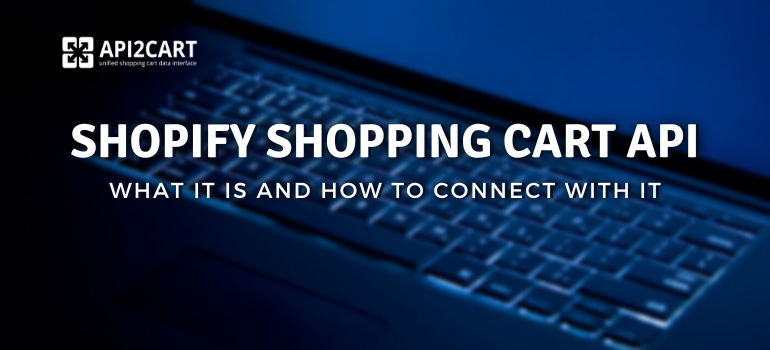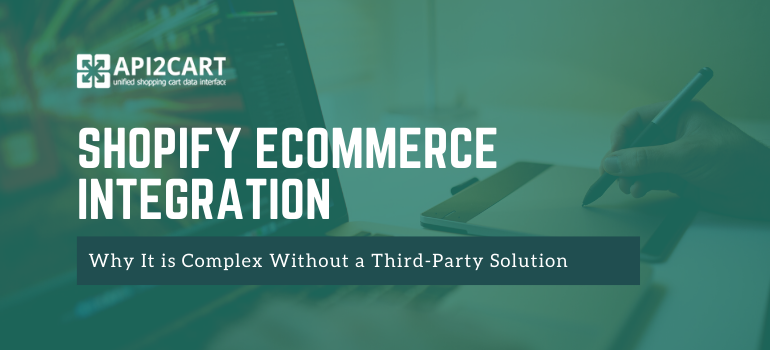
Shopify is one of the best eCommerce platforms which is designed to help people build their own, scalable online stores with hundreds of built-in features and tons of apps. For online merchants, Shopify offers a wide range of features, apps, and supports that give users a broad spectrum of choices to use the software in their way.
The popularity of Shopify is best illustrated by the fact that in October 2019, Shopify announced in its quarterly results that it surpassed one million merchants worldwide on the platform. The leading countries that are using Shopify are the US, UK, Brazil, Canada, while it is used in about 175 countries.
For SaaS App providers such as inventory management systems, email marketing automation solutions, warehouse management providers, and many other Shopify eCommerce Integration has a huge amount of benefits. This article will tell you more about them as well as the reasons why integration with this shopping cart is difficult without a third-party solution.
Possibilities that Shopify integration provides for SaaS App solutions
With more than 165000 web stores, Shopify offers a pool of potential customers for your solution. The integration will make it possible to access and use data from customers' stores as well as add, delete, update, and modify it if needed.
Shopify eCommerce Integration can significantly improve the functionality of SaaS providers, giving new possibilities for their systems and attracting even more clients. This is very useful if SaaS providers are planning to expand their business, for example, extend their inventory management service with POS, order fulfillment, or any other features.
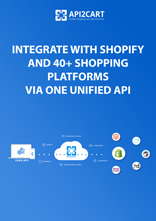
Shopify API Integration Development
Explore how Shopify integration can help your business become more competitive.
Peculiarities of Shopify eCommerce Integration
Shopping cart integration is one of the most challenging tasks for every SaaS App eCommerce solution provider. Shopify platform is not the exception. Developing integration with this shopping platform requires a lot of time, effort, and resources.
Here are the main difficulties you may face while establishing Shopify eCommerce Integration:
- Some specific technical obstacles are not documented in Shopify documentation;
- API integration requires a wide range of tech knowledge in the latest trends in API building;
- Finding a highly skilled developer who will be able to elaborate integration is one of the biggest challenges. Also, there are some issues concerning data security, API abuse, data breaches, and losses, all that may affect a company's reputation and finances, not to mention harming end customers;
- Data breach methods are getting more sophisticated, so poor integration can become a big problem;
- Even if the integration is finished successfully, it is not the end of the story, as it will need further upgrades and maintenance that will constantly take time and resources due to the need for IT staff support.
API2Cart - Shopify eCommerce Integration Helper
Luckily, there is a special integration solution, which enables performing Shopify eCommerce Integration faster, easier, cheaper, and safer. API2Cart represents a unified API that makes integrating with marketplaces and shopping carts much easier for SaaS App providers.
It is a unique online interface platform that provides a single API that can perform integration with over 40 shopping carts, including platforms like Magento, WooCommerce, BigCommerce, PrestaShop, OpenCart, and many others, including Shopify. As it offers a unified approach to integration, clients can integrate their business once and get connected to as many shopping platforms as they need.
API2Cart offers scalable and flexible infrastructure that allows clients to add a growing number of stores for their customers. The main focus for API2Cart is on data security, which will provide convenience for client's customers, as SSL certificates and Oauth will make data interaction and transactions secure.
The main benefit that API2Chart offers to SaaS App providers is that they do not need to develop separate integrations or to care about developing support for new versions of shopping carts when they appear. Once the providers integrate their SaaS App or service with API2Cart, it can access and use data from stores based on any of the supported platforms, which will save money, time, and developer resources.
How to implement Shopify eCommerce integration with API2Cart?
- Register API2Cart account
- Add a store based on Shopify in your API2Cart account (manually)
- Add a store automatically
- Work with Shopify data
Enter your data and register API2Cart account.
Click the "Add store" button, paste the store URL of your customer's store, select Shopify platform and fill API credentials: API key, API password, and shared secret. Your customers can generate those credentials in their Shopify admin panel.
You can also add Shopify store by using our account.add method.
A web store owner logs into your application. Go to the Integration page and choose Shopify. They fill required fields like API path and API key and click the Connect button.
In the backend your integration execute account.cart.add method with provided credentials.
After establishing a connection between the web store and your system, you can use all API methods supported for Shopify to work with your customer’s store. You can import orders, get customer details, create shipments, sync and update prices on Shopify, etc.
In case you have any questions related to eCommerce API integration with Shopify, feel free to contact us or schedule a call with our representative.
